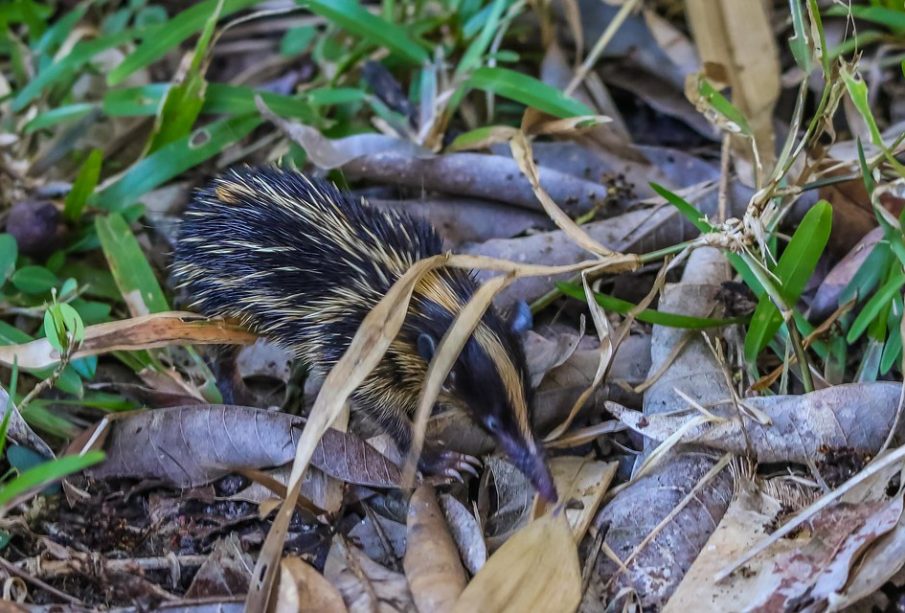Discover Madagascar: A Biodiversity Treasure

Introduction to Madagascar
As the fourth largest island in the world, Madagascar is renowned for its incredible biodiversity and unique ecosystems. Approximately 90% of the wildlife found here is not found anywhere else on Earth. The significance of studying and conserving this delicate environment is crucial, especially in the face of increasing environmental threats. Understanding Madagascar’s unique attributes offers insights into global biodiversity and conservation efforts.
The Rich Biodiversity of Madagascar
Madagascar is home to many endemic species, making it a hotspot for biological research and tourism. Iconic species like the lemurs, chameleons, and the rare fossa exemplify the island’s unique wildlife. According to the World Wildlife Fund (WWF), Madagascar’s ecosystems are pivotal in maintaining biodiversity not only locally but also globally, affecting climate conditions and food webs.
Current Environmental Challenges
Despite its rich natural heritage, Madagascar faces critical threats including deforestation, habitat destruction, and climate change. The island’s forests are rapidly diminishing due to slash-and-burn agriculture, logging, and population pressures. Reports from the United Nations indicate that approximately 20% of Madagascar’s original forest cover remains, leading to significant biodiversity loss and threatening the survival of many species.
Conservation Efforts
In response to these challenges, several conservation organizations and local communities are spearheading efforts to protect Madagascar’s unique biodiversity. Initiatives include reforestation projects, wildlife protection laws, and environmental education programs. The Madagascar National Parks (MNP) group has established protected areas that cover a significant portion of the island, ensuring that habitats for endemic wildlife are preserved. Moreover, partnerships with international conservation bodies have bolstered funding and awareness around the urgent need for protective measures.
Conclusion and Future Outlook
As Madagascar navigates its environmental challenges, the importance of conservation cannot be overstated. Ongoing efforts to protect its unique biodiversity are vital for the island’s ecological stability and for global biodiversity. Moving forward, a collaborative approach that integrates local communities, governments, and international organizations is essential for ensuring the future of Madagascar’s rich ecosystems. For travelers, researchers, and conservationists alike, Madagascar remains a destination of growing importance where efforts today will define the ecological landscape of tomorrow.









